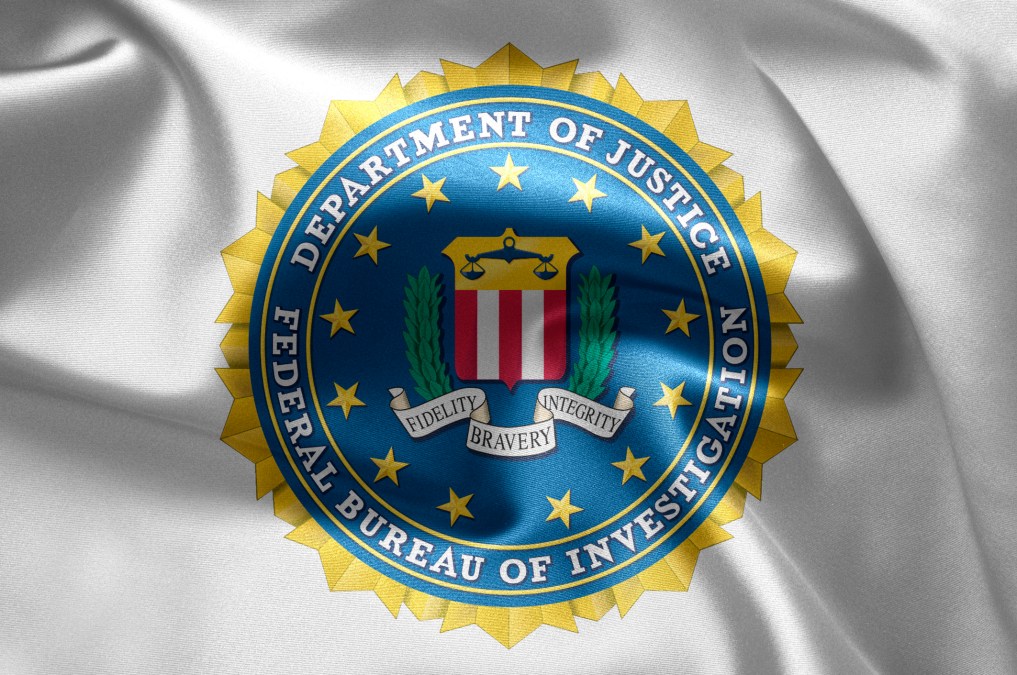FBI would get $61M to fight cybercrime, encryption in Trump budget proposal

This report first appeared on CyberScoop.
President Donald Trump’s budget blueprint for the federal government proposes a $61 million increase for the FBI and Justice Department in fiscal 2018 to better track terrorist communications and combat cybercriminals.
“The FBI would devote resources toward its world-class cadre of special agents and intelligence analysts, as well as invest $61 million more to fight terrorism and combat foreign intelligence and cyber threats and address public safety and national security risks that result from malicious actors’ use of encrypted products and services,” the blueprint states.
The FBI is one of the few agencies that would see significant increases under the budget, which emphasizes national security and law enforcement. The Environmental Protection Agency and State Department, for example, would see drastic cuts.
Trump’s proposed plan is designed to effectively increase the FBI’s overall funding by a total of $249 million, or 3 percent, above the current 2017 budget. Beyond cyber operations, a majority of the fresh funding would be provided to help law enforcement investigate and prosecute drug traffickers.
The fiscal 2018 plan broadly calls for greater cooperation between the public and private sectors when it comes to cyber-defenses and information-sharing of threat intelligence through the Homeland Security Department. A total of $1.5 billion is proposed for the Homeland Security Department to protect federal networks and critical infrastructure from hackers. Trump’s blueprint did not break down how that number would compare to current spending.
“Through a suite of advanced cybersecurity tools and more assertive defense of government networks, DHS would share more cybersecurity incident information with other federal agencies and the private sector, leading to faster responses to cybersecurity attacks directed at federal networks and critical infrastructure,” says the budget, which the White House sent to Capitol Hill on Thursday.
The budget does not include a specific, categorized, top-line spending figure for federal cybersecurity improvement programs. As with most budgets release at the beginning of a presidency, its primary function is to signal the White House’s policy priorities.
Under the plan, the Defense Department would receive a $50 billion boost to ensure U.S. military superiority in all major warfare domains, including cyberspace. Another $7.2 billion is allocated for operations and maintenance cost at the Pentagon, which would include supporting the deployment of unnamed cyber capabilities, according to a White House memo.
News of the budget, and more specifically its attempts to fund several cybersecurity-focused initiatives, follows just a day after White House homeland security adviser Thomas Bossert told a crowd of academics, journalists and diplomats that Trump planned to strengthen U.S. cybersecurity.
Bossert, who spoke Thursday at the Center for Strategic and International Studies in Washington, D.C., said “Federal networks at this point can no longer sustain themselves. We cannot tolerate indefensible technology, antiquated … hardware and software.”
“President Trump intends to put his money where his mouth is,” Bossert said.




